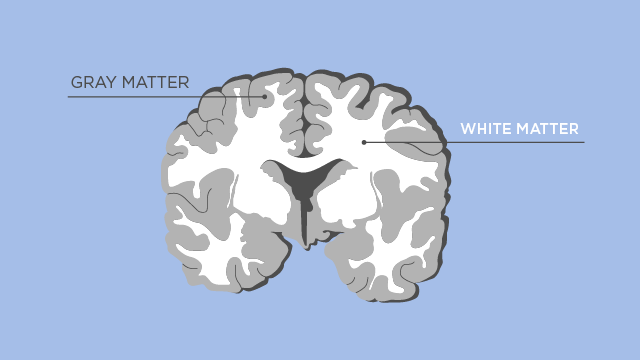Everyday terms
- Lulu Thomas

- Feb 12, 2021
- 3 min read

Labels have a way of creeping into our daily vocabulary, helping us make sense of the world and the people around us, but become generalised and lose their meaning. This can be hugely damaging for those who these labels mean something. It is not uncommon to hear children calling each other ‘gay’ or ‘disabled’ as an insult – something to be ashamed of – but what about the person who is gay or disabled? They will grow up with the weight of this shame on their shoulders.
More and more ‘depressed’ has been generalised to mean sad and having ‘anxiety’ to be stressed.
"While this shows that people are talking about mental health more, using these words synonymously with non-disordered emotions undermines what those who actually suffer from anxiety and/or depressive disorders are feeling."

Society may appear to be more fragile now, but I think that the use of words have become more powerful - social media means that we see this language all the time and with increased exposure comes a dilution of meaning, particularly as we tend to use a more exaggerated style of writing online - making it more likely that we will see words like ‘depressed’ in place of ‘sad’. This is especially important since the rise of TikTok which has been criticised heavily for allowing users to post triggering and often misinformed videos about mental health problems - to the point of even romanticising the concept of having a mental disorder.
"However, the platform has encouraged a more open conversation about mental health, which is something we are missing from our education system."
So why is the use of these labels so harmful? As mentioned before, labels are our way of making sense of the world, so when these words are used incorrectly, people can become confused with their feelings, possibly mistaking sadness for depression, or conversely seeing it so much that they don’t acknowledge their depression as disordered. This can prevent the person from reaching out to people for support, as they may fear being dismissed and doubted.

How do we prevent this problem? The obvious answer is to stop using the labels incorrectly, but understandably, it is very difficult to do this when they are used so often. I think the most effective way to help, would be to correct the person gently, saying, for example, “can you try and use a different word, because using those kind of labels all the time can have a negative effect on people’s mental health.” I know that this is really challenging, because we feel it might be annoying, but I think people are more likely to take it seriously, now that people are talking about mental health more. Gentle reminders provide added thought and context to the word, which slow down the speech production speed, giving the person more time to decide whether to use the word or not. This person might then pass the message onto the next person and have a bigger knock-on effect!

Language shapes our perception of the world and the people in it, whether we are aware of it or not. The constant use of certain labels creates a feedback-loop in our brain – frequently hearing the word validates misconceptions and connotations associated with the label, which then makes us use the labels more, further reinforcing these misconceptions. Changing the way we speak will have a huge effect on the way we perceive others, making us more considerate and kind.
"So now the power is in your hands, to do with this information as you like, good luck!"










Comments